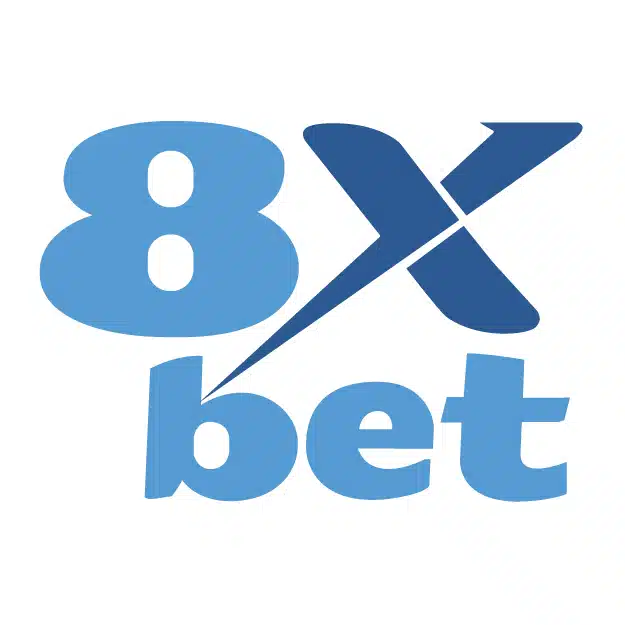The online gambling industry is actively consolidating its position and showing continued growth momentum. With the introduction of innovative and advanced technologies, it has become a major player in the entertainment market, attracting the attention of a wide audience.
While the global financial sector is facing challenges, the gaming industry is growing rapidly and accounting for a sizeable share of the overall market.
Online gambling has become a popular activity among all ages and social groups, and it brings considerable profits for those who decide to get involved in application development or gaming platforms. The total value of the games market is expected to reach $635.3 billion by 2022, and is expected to grow by more than 11% between 2023 and 2030.
If you intend to engage in a legal gambling business, you will need to obtain an online gambling license and must comply with the regulations of the relevant regulatory agencies. This article will look in detail at the general conditions for obtaining a license and the prospects for obtaining a gaming license in specific jurisdictions, citing the following: Estonia, Curacao, Malta, Kahnawake, Panama, Man Island and South Africa.
What is an online gambling license?
A casino license is a license issued by a relevant agency or government that allows the holder to operate a casino business in a specific location. This license is the legal certificate for the legal operation of the casino, proving that the casino has the operating conditions and management capabilities that meet regulatory requirements. Owners who obtain a casino license can provide gambling services and operate a variety of gambling games, including bookmaking, table games and slot machines, within the prescribed scope. Casinos that hold a casino license are also required to comply with relevant regulations and regulatory requirements to ensure a fair, honest and responsible gambling experience.
In the UK, gambling sites are regulated by the UK Gambling Commission. In order to operate, they need to apply for a license. Under the Gambling Act 2005, the purpose of the licensing system is to:
- Avoid any association between gambling and criminal behavior
- Ensure game fairness and transparency
- Protect children and vulnerable people from exploitation.
Gambling companies need to meet compliance standards set by the UK Gambling Commission in order to obtain a license. These standards include the following:
- To ensure accountability, the identity of an individual or company when applying for a license needs to be confirmed.
- It is necessary to prove that the individual/company has sufficient financial strength to maintain the normal operation of the business to ensure that it does not face the risk of collapse after attracting a series of big-win investors.
- As an individual or a company, we must provide honest and trustworthy evidence.
- Prove that the individual or company has the qualifications and experience to operate a gambling business.
- Provide proof of no criminal record.
It is crucial for a bookmaker to have a gambling license. It not only ensures the legality of operations, but also enhances player confidence. Having a gambling license means that operators will conduct business in accordance with industry standards and rules, ensuring that their interests and safety are protected.
Having a license in one or more legal jurisdictions is a key element for any professional online bookmaker. This document not only proves the quality of the service but also helps enhance the brand’s reputation. Customers prefer to choose licensed operators because they know these companies will operate legally and ethically.

















